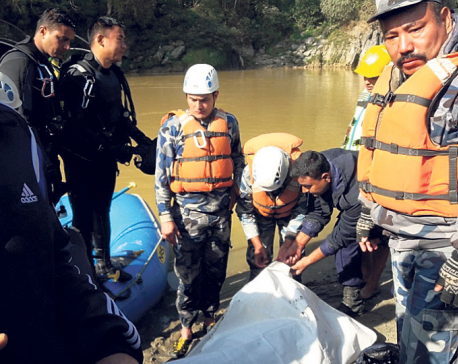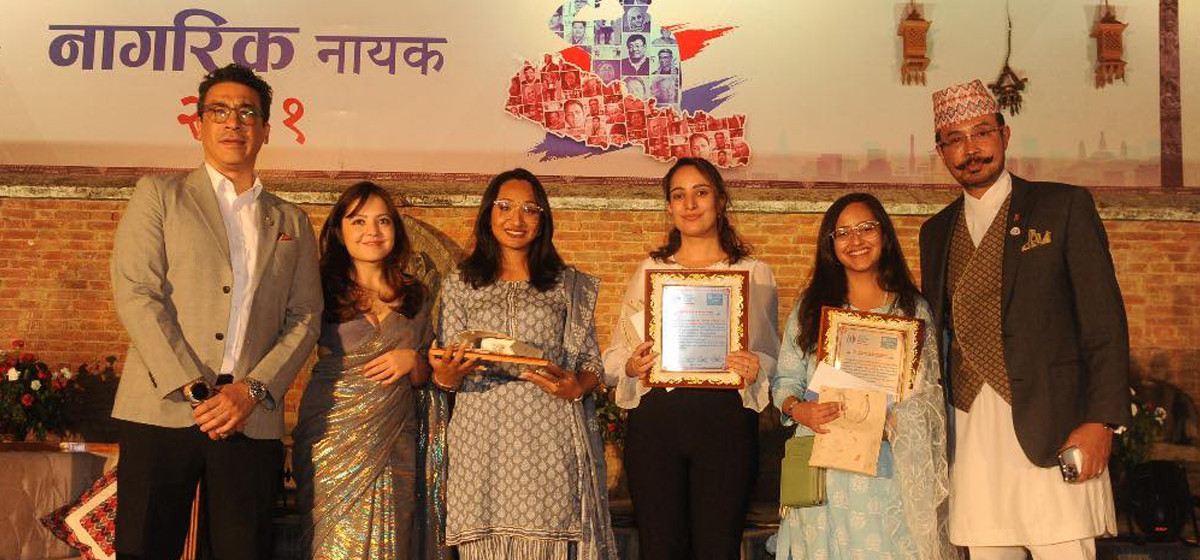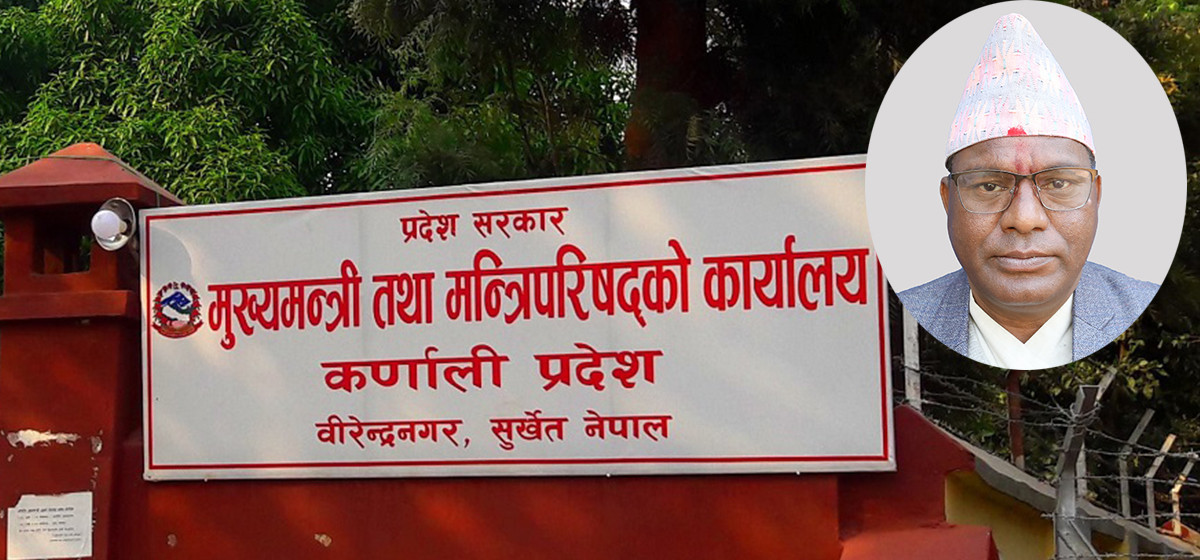
OR
Right to privacy
The Supreme Court has issued an order to the government to make it mandatory to seek permission from courts before accessing telephone and text message details for criminal and other investigations. According to this order, police or other authorities concerned must first take approval from the districts courts before they access telephone call records and SMS details of any individuals or organizations. We welcome the order as it will further protect citizen’s right to privacy, and minimizes the possibility of misusing personal information of citizens. We hope that the government will proactively work to draft a legislation to make the order into the law of the land. There is a good reason to support the Supreme Court order. Kathmandu was ripe with rumors of tapping of phone and other details of journalists, members of the civil society and even ordinary citizens during the height of Lok Man Singh Karki’s misadventure at the Commission for the Investigation of Abuse of Authority (CIAA), Nepal’s anti-corruption watchdog. Even the
police officers were said to have been mobilized by the CIAA apparatchiks for this purpose. This had curtailed people’s right to freedom of expression and spread terror among the prominent whistleblowers.
The new court order will halt such misuse of individual’s private affairs. A person like Lok Man Singh or other agencies won’t be able to breach citizen’s fundamental right to privacy guaranteed by the constitution. Besides, the intelligence agencies of the developed countries, including in the United States and in a host of western countries, have a law in place to protect their citizen’s right to privacy, including court order to record, access and use telephone and text messages for investigation. This is strictly implemented and failure often results in lengthy court fights. This has never been the case in Nepal leading to the cases of responsible officials from the authorities prying on phone details of the citizens. In the absence of laws to protect citizens’ right guaranteed by the constitution, rulers and the system itself will have plenty of room to misuse and abuse their power for all the wrong reasons. This is especially common in young democracies where we are struggling on a daily basis to force the system and actors within the system to abide by the rule of law. Respecting citizens’ right to privacy and implementing it in the right way will further increase people’s trust on government bodies.
Democracy tends to be messy at times, especially in countries like Nepal. It is an
ongoing project of perfecting a nation-state so that everyone abides by the law and those that fail to do so are punished as per the law. Nepal’s history with democracy is relatively shorter, with interruptions in between from various rulers. During the dark times, rulers took the law into their own hands, quashing any hopes of a free and fearless society. That cannot be the norm in the federal democratic republic. We hope that privacy laws will ultimately make our democracy vibrant and strong. It is upon all of us to make those in power accountable, transparent and adhere to the rule of law, including, of course, on citizen’s right to privacy.
You May Like This

Hug me, and say you love me
Fall in love—an unconditional stimulus And let me love: the paradox of your choice ... Read More...

Let me tell you
Let me be found Let me be a story in your lifeline, ... Read More...

'I insisted on driving but the secretary didn't let me'
KATHMANDU, Feb 11: Driver Niranjan Yadav is the sole survivor of the jeep accident that claimed the life of Secretary Ramananda... Read More...








Just In
- Qatar Emir meets PM Dahal, bilateral agreement and MoUs signed between Nepal and Qatar
- Employee involved in distribution of fake license transferred to CIAA!
- Youth found dead in a hotel in Janakpur
- CM Kandel to expand cabinet in Karnali province, Pariyar from Maoist Center to become minister without portfolio
- Storm likely to occur in Terai, weather to remain clear in remaining regions
- Prez Paudel solicits Qatar’s investment in Nepal’s water resources, agriculture and tourism sectors
- Fire destroys 700 hectares forest area in Myagdi
- Three youths awarded 'Creators Champions'



_20240423174443.jpg)







Leave A Comment